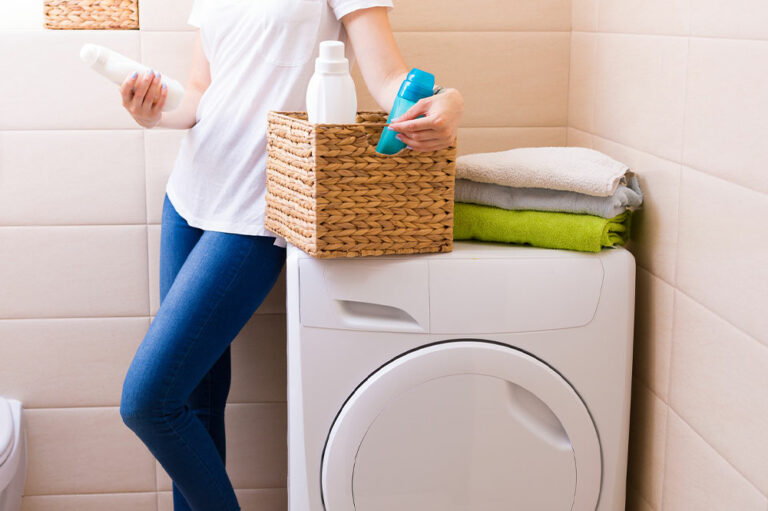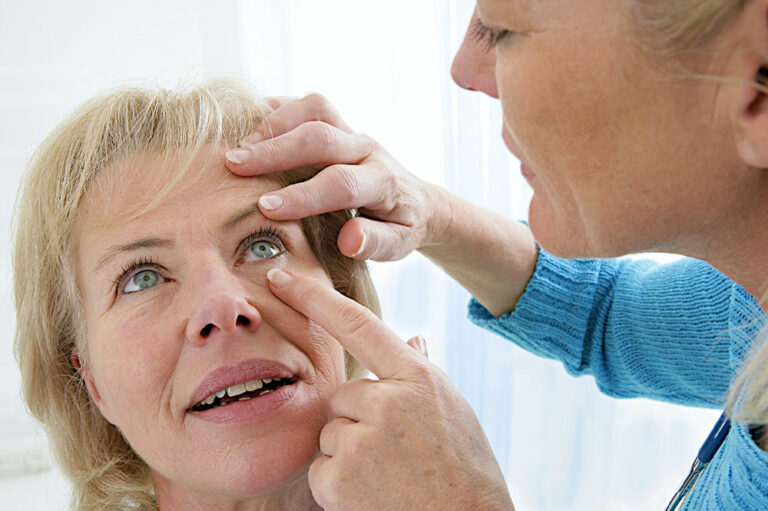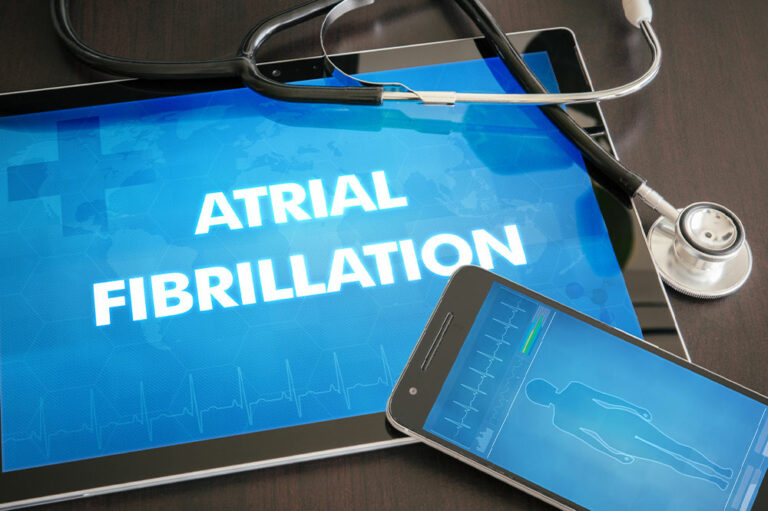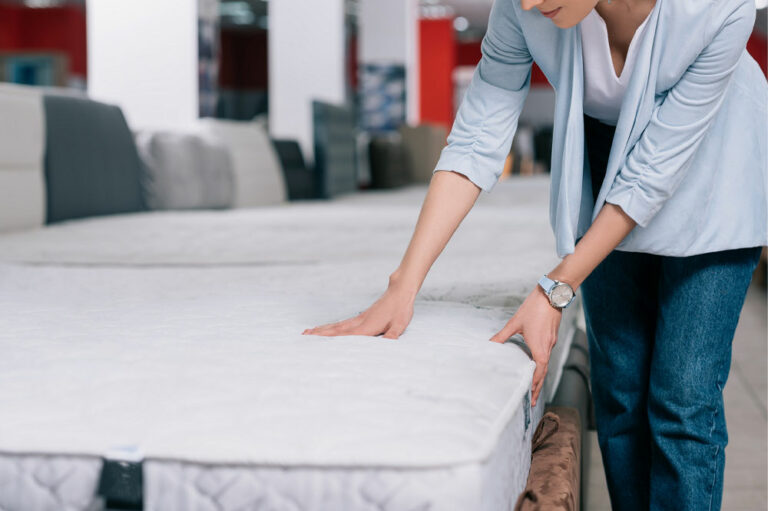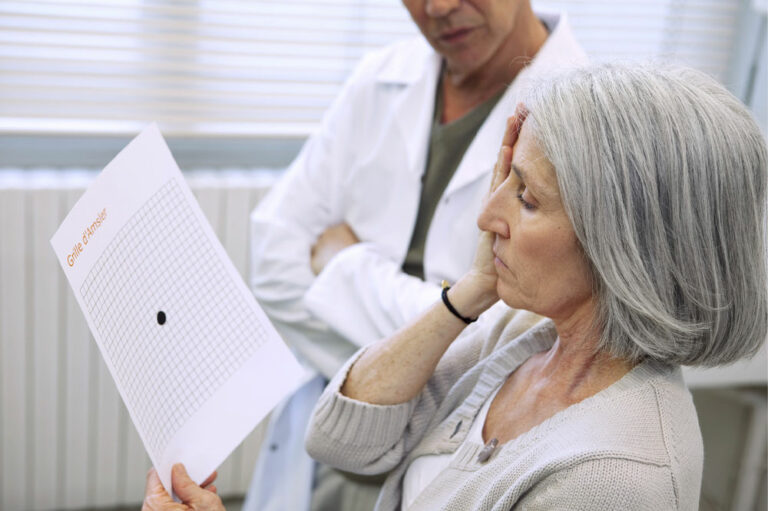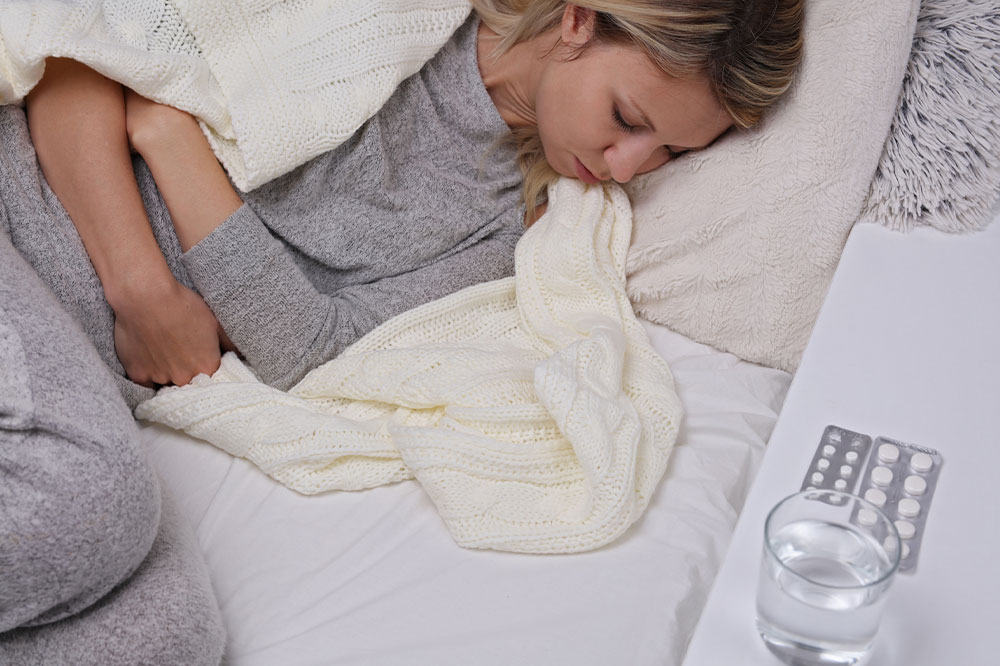
8 mistakes to avoid during periods
Monthly periods can last from two to seven days and can cause some manageable discomfort. However, an increasing number of people are being diagnosed with conditions that make their menstrual cycles painful and unmanageable. Pre-Menstrual Syndrome (PMS) is a common experience for most people, which includes pain, lack of focus, difficulty concentrating, mood swings, nausea, and more before their period. Certain habits could be contributing to this discomfort on a regular basis.
Not taking pain relievers proactively
The time to reach for a pain relief remedy is when one feels the first twinge of pain when the period is due. However, most people tend to wait until the pain is on the verge of governing the rest of the day. Reaching for the prescribed painkiller when the lower stomach or pelvis area is on the initial hint of discomfort is far more effective than losing the energy and draining oneself with pain before considering taking something for it. Remedies and treatment are far more likely to be effective when the pain is mild rather than when it has intensified, curving one into the fetal position. This is especially important if one has conditions like PCOS, endometriosis, adenomyosis, or other complications that worsen the periods.
Using too many feminine hygiene products
Our bodies are capable of maintaining their pH levels and fighting off infections without the use of feminine hygiene products. Using these products, such as fragranced tampons, pads, and cups, can disrupt the vaginal pH balance and increase the risk of painful and itchy yeast infections. Instead, it’s best to use products that simply soak up period blood and avoid anything that could lead to bacterial vaginosis. Remember, the vagina can balance itself naturally, so it’s best to let it do its job without interference from unnecessary products.
Not changing the tampon often
Irrespective of the type of period product one uses, leakage mishaps are a constant concern. It is, therefore, important to keep track and periodic checks depending on one’s flow. A great way to prevent toxicity is by following a rule of thumb of changing the tampons and pads every few hours. Eight hours is the highest time to continue using the same pad or tampon. In case one is busy or not in the right surroundings, it is also advised to choose a tampon with the lowest absorbency according to one’s period flow to avoid toxicity. In addition, it is important to keep track of one’s period cycles to be aware of the menstruation and ovulation dates.
Avoiding iron
The amount of blood a person loses during a period is governed by the flow. The amount could vary from person to person and from month to month. Losing this iron-containing blood also means losing a crucial mineral from the body. Menstruating might substantially change the levels of iron in one’s body. This iron depletion could also be depleting one’s body of oxygen and energy, both of which are crucial for daily functioning and body mechanisms. To cope with this loss, it is important to have iron-rich foods throughout the month that will make up for it and not impact the body adversely when one gets their period. It is important to adopt food combinations and practices that can enhance iron absorption in the body. One must include food like apricots, spinach, other leafy vegetables, and meat in daily meals.
Giving in to cravings
As a result of hormone fluctuations, people may experience various food cravings, which can exacerbate period pain and other symptoms. While excessive salt may alleviate mood swings, it can also lead to bloating and constipation. Although these symptoms usually go away after the period, dealing with their intensified presence can take a toll on the body and worsen the pain.
Not hydrating enough
One’s estrogen and progesterone levels change when one is on their period. As this increase and decrease of these hormones continue, the body’s digestion capabilities also change. It also starts retaining more water than it usually does. This means one experiences symptoms like bloating, gas, and constipation. However, there is a much simpler way of dealing with this issue than adapting to complicated concoctions and treatments, and that is hydration. Water is the best thing one can give the body to flush the system of waste products and deal with bloating. If protein makes one feel bloated, it is best to avoid it and switch to other healthy snacks like fruits, nuts, and vegetable sticks.
Avoiding exercise
Exercise might not even make it onto one’s task list during their period. However, keeping the body active could be a real game changer. There are numerous pieces of research that suggest that it could be an effective solution for one’s menstruation problems. An active routine can help supply the body with happy hormones that could help lower pain and discomfort during periods. Plus, sweat could help the body eliminate the increased toxins, making one feel better. If one is unable to exercise, trying some easy stretches, yoga, or even meditation could help with better health management.
Wiping in the wrong direction
Wiping back to front or front to back is a question everyone should be asking. And the answer is front to back. It is crucial to understand the problem most people generally ignore when they wipe back to the front. This practice is a common mistake that poses an increased threat of bacterial invasion and the occurrence of urinary tract infections. This practice needs correcting whether one is on their period or not. The exposure of the urethra and vagina to the bacteria of the rectum could increase an individual’s susceptibility to infections and associated pain.
By taking certain measures and avoiding these commonly made mistakes, one can effectively manage period pain and other related symptoms.
